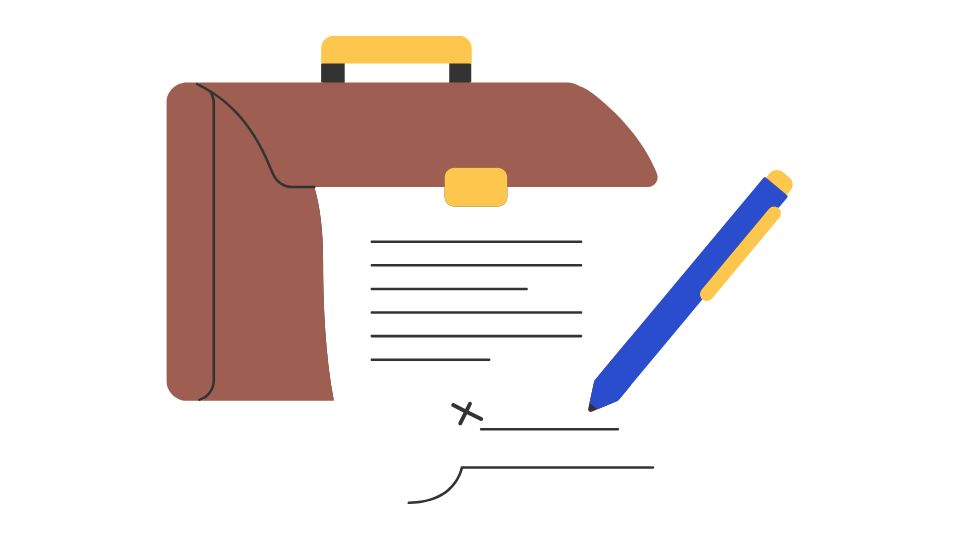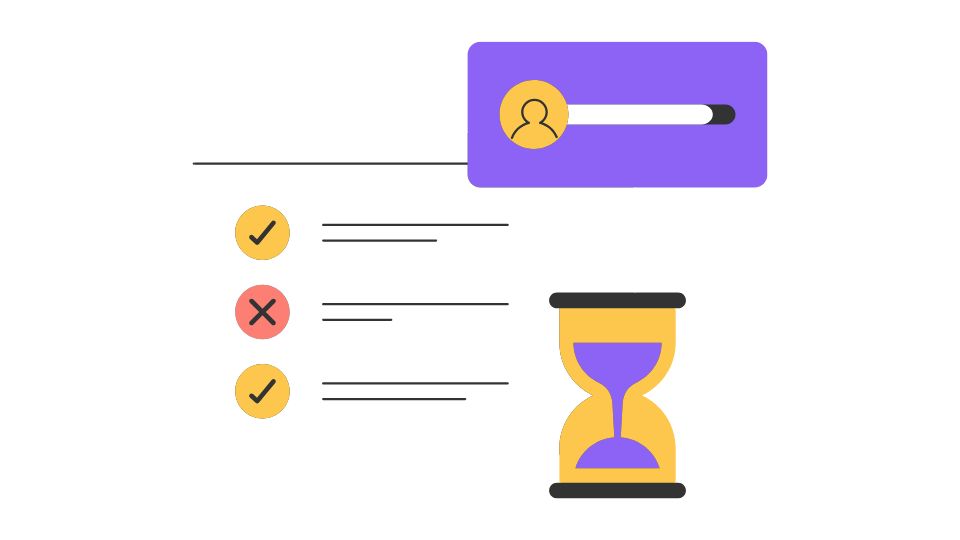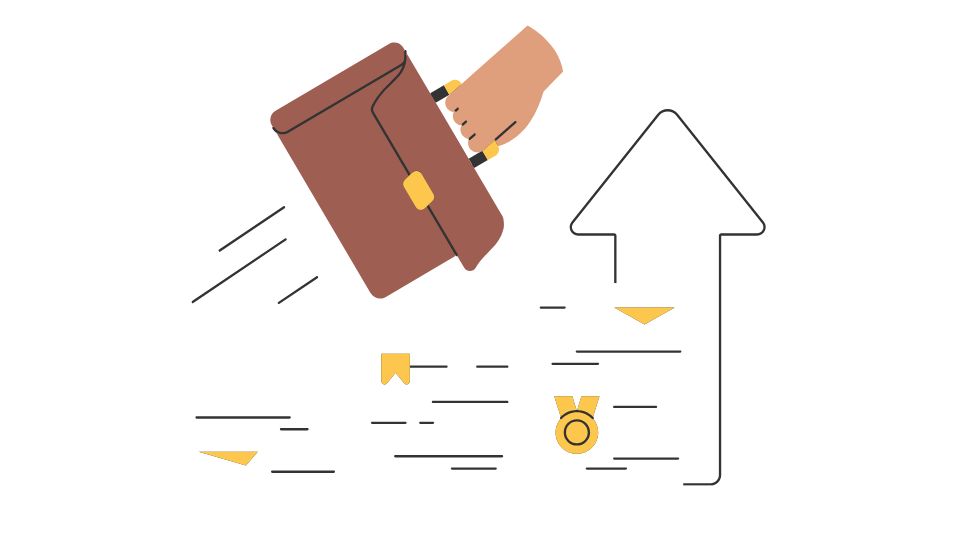Career Gap? Here’s the Best Way to Explain It Without Panic

Ever had that awkward moment in a job interview when someone asks about the gap in your resume? 😬
It’s like being asked “why did you ghost your career for a bit?” – uncomfortable, but totally manageable if you know how to handle it.
The good news? Career gaps are becoming more normal (thanks, pandemic!) and how you talk about them can actually make you look better, not worse.
Let’s break down how to turn that resume hole into a highlight reel opportunity.
Why Career Gaps Matter (and Why They Actually Don’t)
First things first – why do interviewers even care about that time you weren’t working?
They’re basically worried about two things:
- Skills getting rusty: “Has this person forgotten how to do the job while they were away?”
- Commitment issues: “Are they just going to bail on us too?”
But here’s the truth: life happens. People take breaks for all kinds of completely valid reasons – having kids, caring for family, health issues, getting laid off, or just needing a mental reset.
A 2022 LinkedIn survey found that 62% of workers have taken a career break at some point. You’re definitely not alone.
The Secret Formula for Explaining Any Gap

No matter why you took time away from work, there’s a simple formula that works for explaining it:
- Be honest (but brief) about why you stepped away
- Highlight what you did during that time
- Connect it to why you’re better now because of it
- Show enthusiasm for getting back to work
Think of it like the “before-during-after” story of your career break – what led to it, how you used the time, and why you’re ready to jump back in.
Gap Scenarios and How to Handle Them
The Laid-Off/Fired Scenario 🔥
“I was part of a company-wide restructuring that eliminated my department. During that time, I focused on upskilling by completing a [specific certification] and did some freelance work for [company name]. This experience actually broadened my skills in [specific area], which I’m excited to bring to this role.”
Pro tip: The Society for Human Resource Management reports that hiring managers are typically understanding about layoffs, especially during economic downturns. Just be matter-of-fact about it.
The Family Caregiver Gap 👨👩👧
“I took time off to care for my [family member] during a health crisis. While it was challenging, I learned valuable skills in time management and prioritization. I also kept my skills sharp by [taking online courses/freelancing/volunteering]. I’m now in a place where I can fully commit to a full-time role again.”
The Health-Related Gap 🏥
“I needed to take some time to address a health issue, which is now resolved. During my recovery, I used the opportunity to [read industry publications/take courses/volunteer] to stay current. This experience has actually made me more resilient and efficient, and I’m eager to apply these qualities in this position.”
Remember: You don’t have to share specific medical details – it’s perfectly fine to keep it vague while emphasizing that the issue is resolved.
The “I Just Needed a Break” Gap ✈️
“After several intense years at my previous company, I made the deliberate decision to take some time for personal development. I used this period to [travel/pursue a passion project/learn new skills].
This break gave me clarity about my career goals and recharged my batteries. I’m now more focused and motivated than ever to contribute to a role like this one.”
According to a Harvard Business Review study, employees who take sabbaticals often return with increased productivity and commitment. Intentional breaks can be powerful.
The Education/Training Gap 🎓
“I decided to step back from full-time work to complete my [degree/certification/training program]. This education has equipped me with [specific skills] that align perfectly with this role. I’m excited to apply this fresh knowledge in a professional setting.”
Advanced Tactics for Gap Explanation

What Not To Say 🚫
Avoid these common mistakes:
- Don’t apologize for your gap like it’s something shameful
- Don’t trash talk former employers (even if they deserved it)
- Don’t lie about dates or reasons (it will come back to haunt you)
- Don’t overexplain or ramble nervously
Body Language Matters 👀
According to the National Institute of Business Management, 55% of communication is nonverbal. When explaining your gap:
- Maintain eye contact
- Sit up straight
- Keep your tone confident
- Practice your explanation so it sounds natural, not rehearsed
Redirect to Your Strengths 💪
After explaining your gap, immediately pivot to your qualifications:
“That experience actually helped me develop [relevant skill]. In my previous role at [Company], I used similar skills to [accomplish specific result]. I’m confident I can bring that same success to this position.”
Turning Your Gap Into a Strength

The best gap explanations don’t just explain away the time – they turn that period into a strength that makes you more valuable.
For example:
“My time away from traditional employment helped me gain perspective and clarity about what I truly want in my career. I’m now more focused, energized, and committed than ever before. I chose to apply to [Company] specifically because your mission of [whatever they do] aligns perfectly with my professional goals.”
In Summary
Remember that career gaps are increasingly common and employers are becoming more understanding about them. The key is to:
- Own your story without embarrassment
- Highlight the growth that happened during your time away
- Connect everything to why you’re an amazing fit for this specific job
With the right framing, that gap in your resume can actually become a compelling part of your professional journey rather than something to hide.
So take a deep breath, practice your explanation, and walk into that interview with confidence. You’ve got this! 🙌

